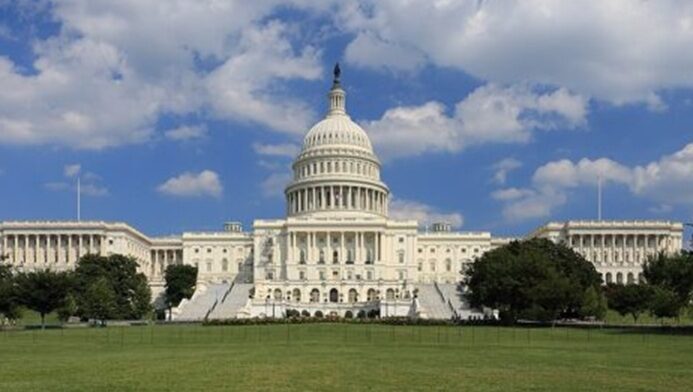If it is not one thing, it is another. Only one month after U.S. President Donald Trump imposed 30% import duties on imported PV cells and modules, the nation’s Commerce Department has recommended another set of trade sanctions on imported steel and aluminum, which would result in additional costs for solar installations.
According to a note by Roth Capital Partners, the recommended tariffs and/or quotas by U.S. Commerce Secretary Wilbur Ross would result in at least a 1-3 cent per watt increase in PV system costs, as higher prices on steel and aluminum will drive up costs for racking, tracking and mounting system makers, as well as PV modules.
There is a bit of irony here that costs would increase even for domestic PV module makers, a group that the Trump Administration was supposed to be protecting from foreign competition with global tariffs under the Section 201 process. But in the end the logic of both cases is the same, in that the Trump Administration is moving to protect a domestic industry from lower-cost imports.
However, the details are different. Import duties on steel and aluminum are being recommended not under Section 201, but under Section 232 of the Trade Expansion Act of 1962, which allows the president to impose trade sanctions in the interests of national defense.
Secretary Ross has recommended three options for steel:
- global import duties of 24% on all steel imports from all nations
- A tariff of at least 53% on all steel imports from 12 nations and a quota by product on steel imports from all other nations equal to the level they exported in 2017 to the United States
- A quota on all steel products from all nations equal to 63% of each nation’s 2017 export level to the United States.
For aluminum, the recommended sanctions are not as steep:
- A tariff of at least 7.7% on all exports from all countries
- A tariff of 23.6% on all products form China, Hong Kong, Russia, Venezuela and Vietnam, with a quota on imports from all other nations equal to the amount they exported to the United States in 2017
- A quota on all imports from all nations equal to a maximum of 86.7% of 2017 export levels to the United States.
President Trump must make a decision on the steel recommendations by April 11, and on the aluminum recommendations by April 19.
The steel industry supported domestic PV makers Suniva and SolarWorld in the recent Section 201 case, and has a long history of promoting protectionism. This includes a successful petition for the most recent Section 201 process before the solar investigation, which resulted in 8-30% global tariffs on imports.
It also led to retaliation from multiple nations and the EU. The Section 201 steel tariffs were lifted in late 2003, less than two years after they were imposed.
This content is protected by copyright and may not be reused. If you want to cooperate with us and would like to reuse some of our content, please contact: editors@pv-magazine.com.









By submitting this form you agree to pv magazine using your data for the purposes of publishing your comment.
Your personal data will only be disclosed or otherwise transmitted to third parties for the purposes of spam filtering or if this is necessary for technical maintenance of the website. Any other transfer to third parties will not take place unless this is justified on the basis of applicable data protection regulations or if pv magazine is legally obliged to do so.
You may revoke this consent at any time with effect for the future, in which case your personal data will be deleted immediately. Otherwise, your data will be deleted if pv magazine has processed your request or the purpose of data storage is fulfilled.
Further information on data privacy can be found in our Data Protection Policy.